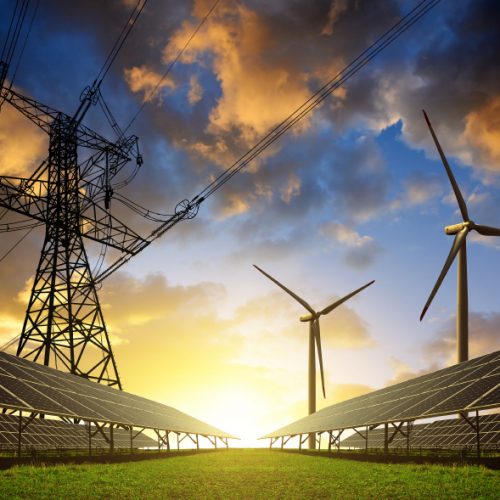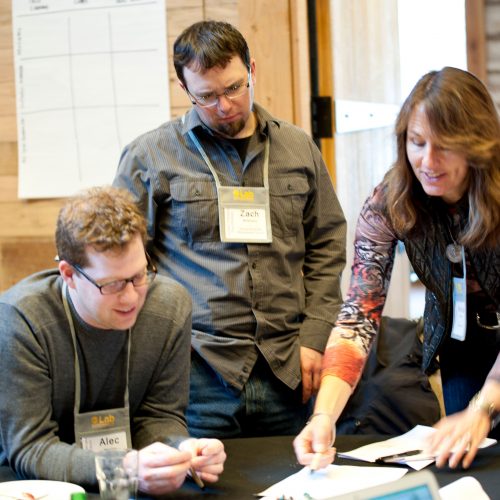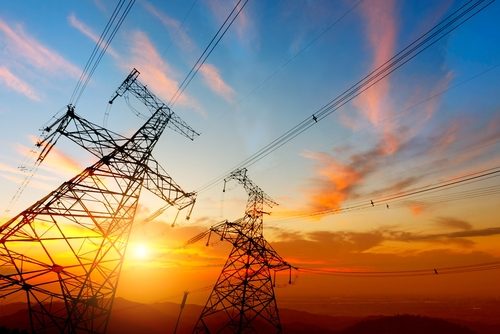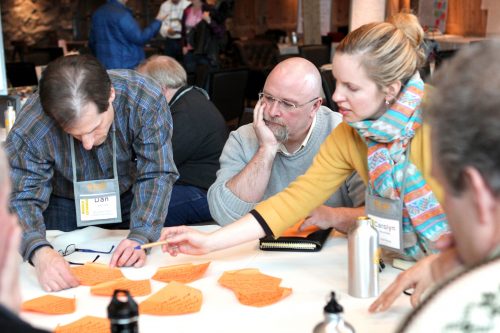
eLab Accelerator 2014
Illinois Distributed Energy Adoption

Project Objective
Create new utility business models integrating distributed energy technologies in the context of a deregulated electricity market

Project Team Members
Andrew Barbeau, President, The Accelerate Group, LinkedIn
Susan Covino, Sr. Consultant, Emerging Markets, PJM Interconnection, LinkedIn
David Kolata, Executive Director, Citizens Utility Board of Illinois, LinkedIn
Larry Kotewa, Chief Engineer, Elevate Energy, LinkedIn
Kristin Munsch, Science and Innovation Committee, Energy Foundry and Director of Policy, Citizens Utility Board of Illinois, LinkedIn
Dick Munson, Director, Midwest Smart Power, Environmental Defense Fund, LinkedIn

Project Description
In October 2011, the Illinois General Assembly passed the Energy Infrastructure Modernization Act to strengthen and modernize the state's electric grid. As a result, advanced smart grid infrastructure will be rolled out to all ComEd and Ameren customers in Illinois (just under 5 million total meters) over the next 5 to 7 years. The law also requires that the utilities and third parties fund complementary programs to support electricity system innovation and unlock the full potential of the advanced infrastructure. Key features of the law include: Test beds by each utility where energy entrepreneurs can test new hardware and software solutions. Venture capital support for early-stage smart grid companies engaged in the test beds and Illinois smart grid ecosystem, available from the utility-supported Energy Foundry impact fund. Consumer education programs supported by municipalities and non-profits, targeted to energy efficiency, demand response and dynamic pricing elements of pilot programs. Performance metrics to measure financial and environmental performance of smart grid roll-out in Illinois, including measures for return-on-equity of investments and greenhouse gas reductions. At e-Lab Accelerator, key stakeholders from Illinois will convene to review the current project landscape and collaboratively develop strategic plans for maximizing opportunities. Discussions will focus on key facets of Illinois energy markets, including coordination between state and RTO-based markets, and will seek to develop business models and customer outreach plans for energy efficiency, demand response, and dynamic pricing programs.

Progress Made to Date (pre-Accelerator)
To date, different team members have collaborated on regulatory filings before the Illinois Commerce Commission regarding access to customer usage data, procurement of energy efficiency and energy efficiency program design, and progress made by ComEd and Ameren in deploying AMI. For example, the Citizens Utility Board (CUB) of Illinois and Elevate Energy have collaborated on dynamic pricing education and outreach, the regulatory framework around access to customer usage data, and energy efficiency program design. CUB and EDF have collaborated on the development and adoption of performance metrics related to AMI deployment, the creation of energy efficiency and demand response financing opportunities, and test bed development. The Energy Foundry Science & Innovation Committee meets as needed to review investments. To date the Foundry has made five investments in technologies ranging from data analytics to new water heater technologies. The investment philosophy is focused on Illinois-related smart grid technologies with the potential to prove new business models, commercialize cutting edge technology and provide a return such that the Foundry investment fund can be self-sustaining. At the moment the Foundry is considering how to use the utility test beds to create an ecosystem of smart grid technology development.

Post-Accelerator Outcomes
At Accelerator, team members developed six strategy areas for accelerating smart grid deployment in Illinois: dynamic rates, smart devices, voltage optimization, microgrids, distributed generation, and energy storage. The team prioritized the strategies with respect to energy and emissions reduction along with load shape improvement. They developed actionable 5-year adoption targets toward the execution of each strategy. Following Accelerator, the team is seeking to enlist a broader set of stakeholders in executing their 5-year goals, including the relevant public utility commission (ICC), power authority (IPA), and utilities.